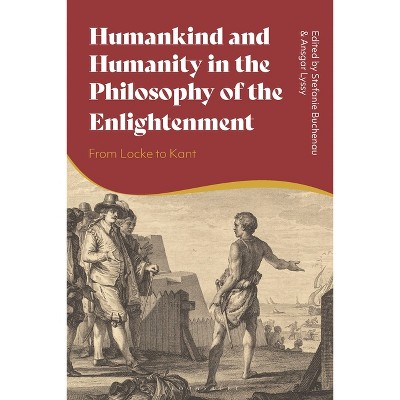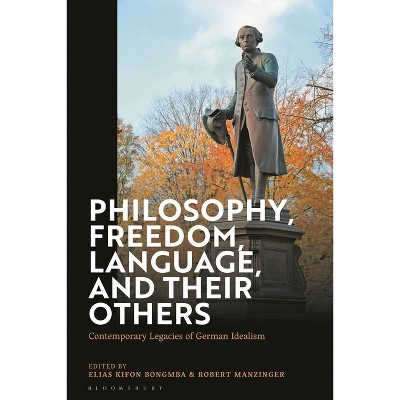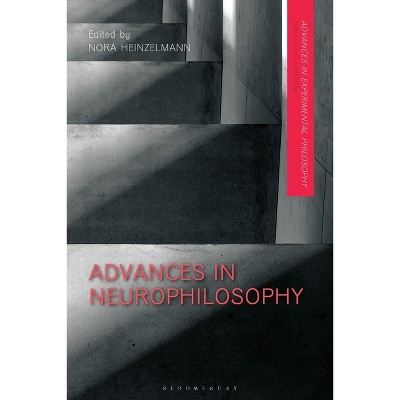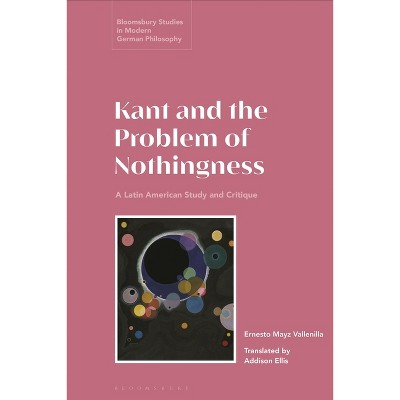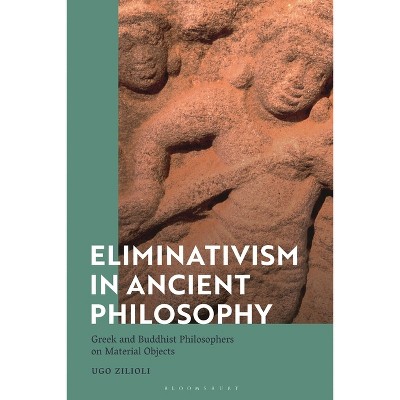About this item
Highlights
- Philosophers reflect on the significance of fear both in the history of Eastern and Western Philosophy and at the intersections of contemporary philosophy and other disciplines.
- About the Author: Ami Harbin is associate professor of philosophy and women and gender studies at Oakland University
- 256 Pages
- Philosophy, Ethics & Moral Philosophy
Description
About the Book
Showcases fear as both a central theme in the history of Eastern and Western philosophy and a key point of contact between philosophy and disciplines like cognitive science and U.S. history.Book Synopsis
Philosophers reflect on the significance of fear both in the history of Eastern and Western Philosophy and at the intersections of contemporary philosophy and other disciplines.
The collection, edited by Ami Harbin, is divided into two parts. Part I begins with reflections on the centrality of fear in Confucian ethical-political thought and in the ancient Greek philosophy of Aristotle, before turning to the reflections on fear in medieval and twentieth-century philosophy. Part II presents contemporary philosophical work that expands the variety of approaches to fear, building connections with work in cognitive science, neuroscience, psychiatry, developmental psychology, and U. S. history.
Fear as an emotion-though always present in the history of philosophy, and one of the key points of contact between philosophy and other empirically-informed disciplines-has received surprisingly little concerted attention within philosophy. This is the first collection from contemporary philosophers with the express goal of reflecting on fear in the history of philosophy and collecting perspectives on fear from philosophers engaged in interdisciplinary research.
About the Author
Ami Harbin is associate professor of philosophy and women and gender studies at Oakland UniversityShipping details
Return details
Trending Book Pre-Orders







